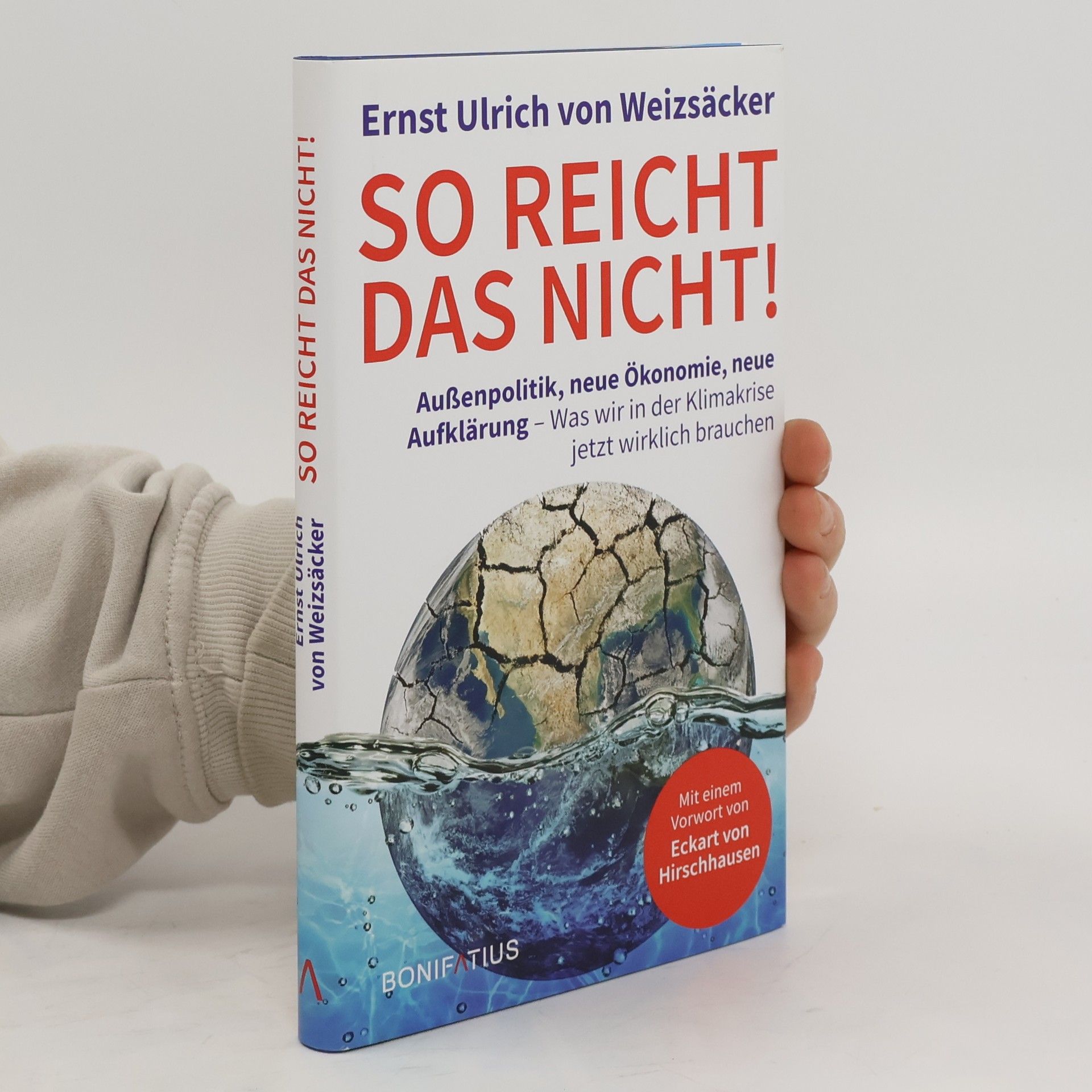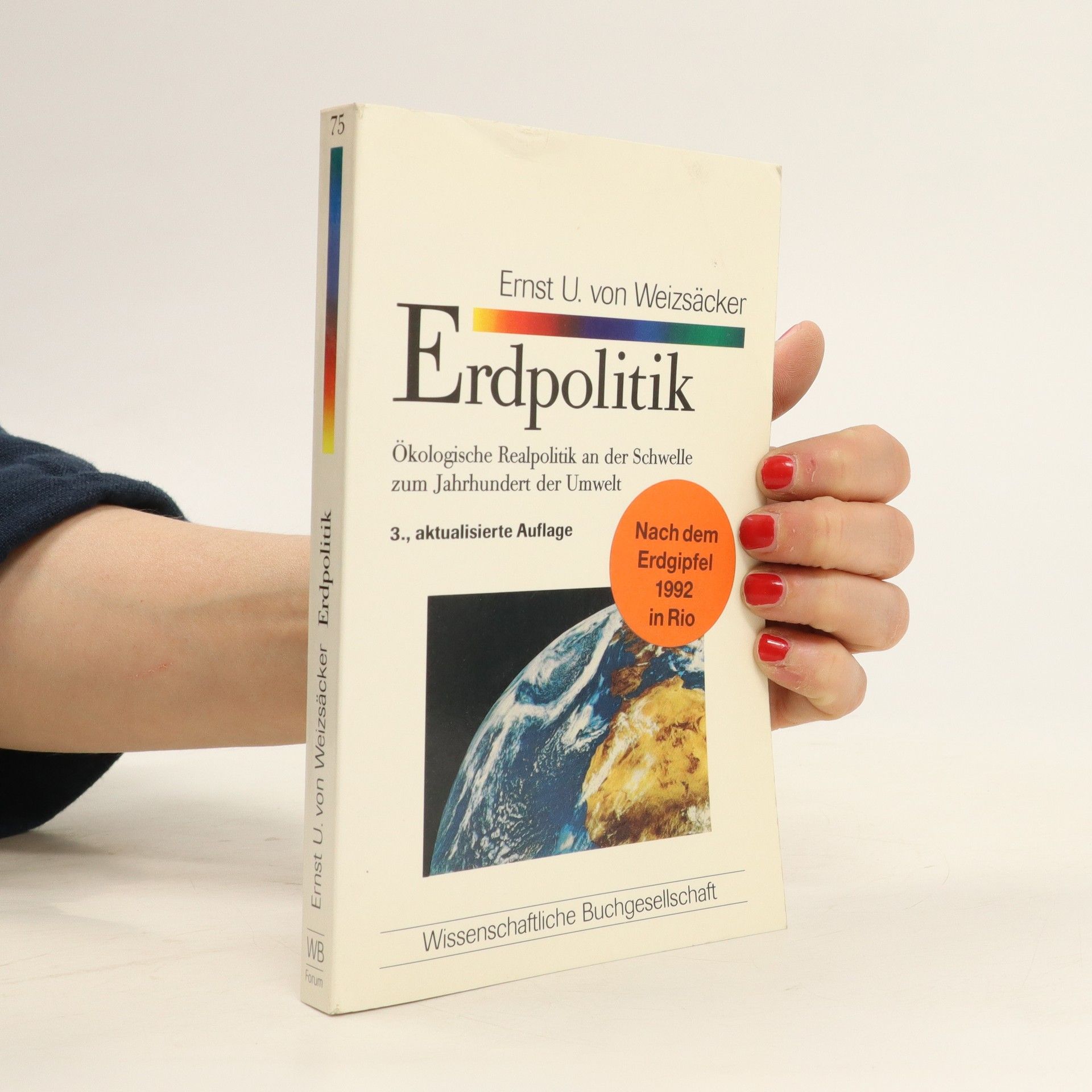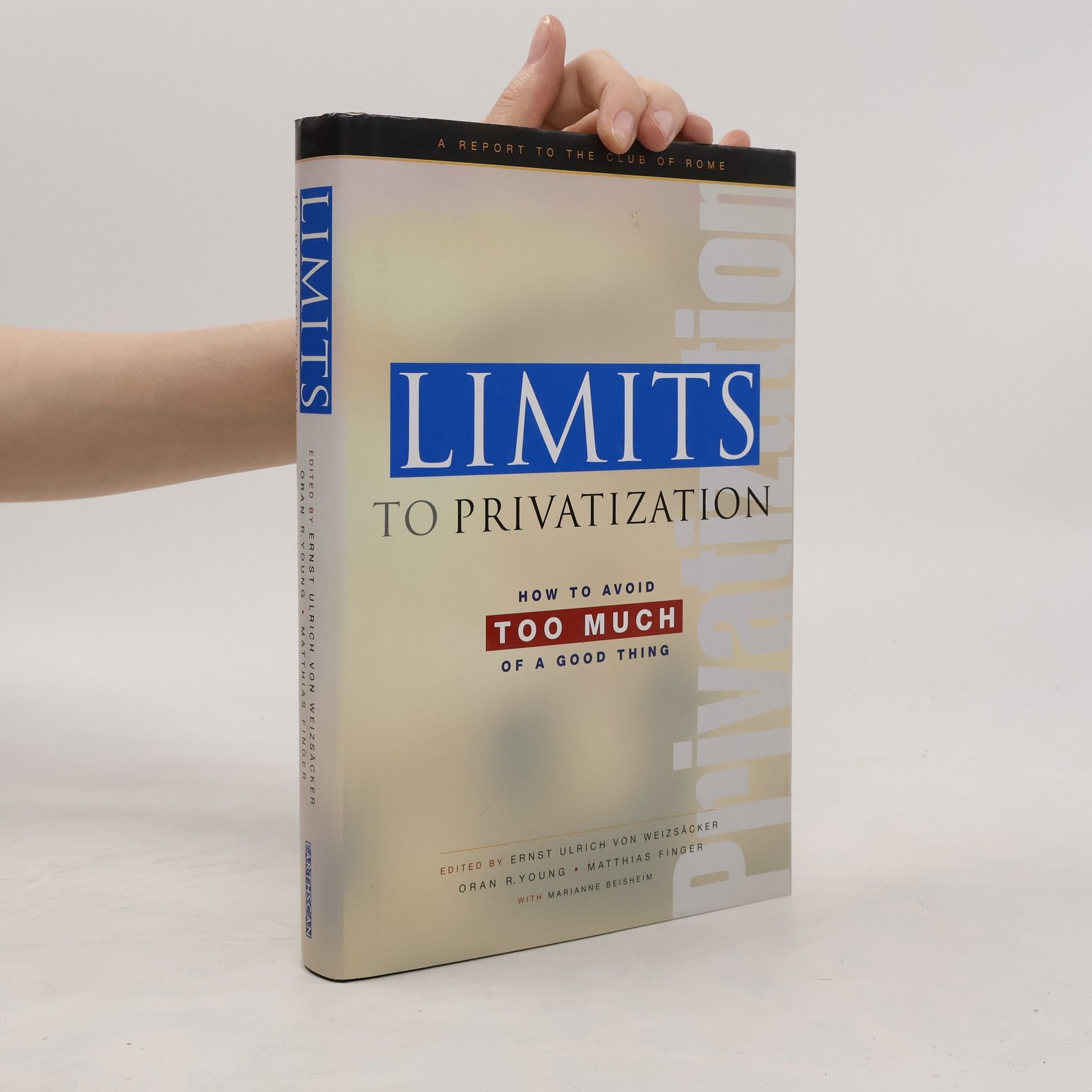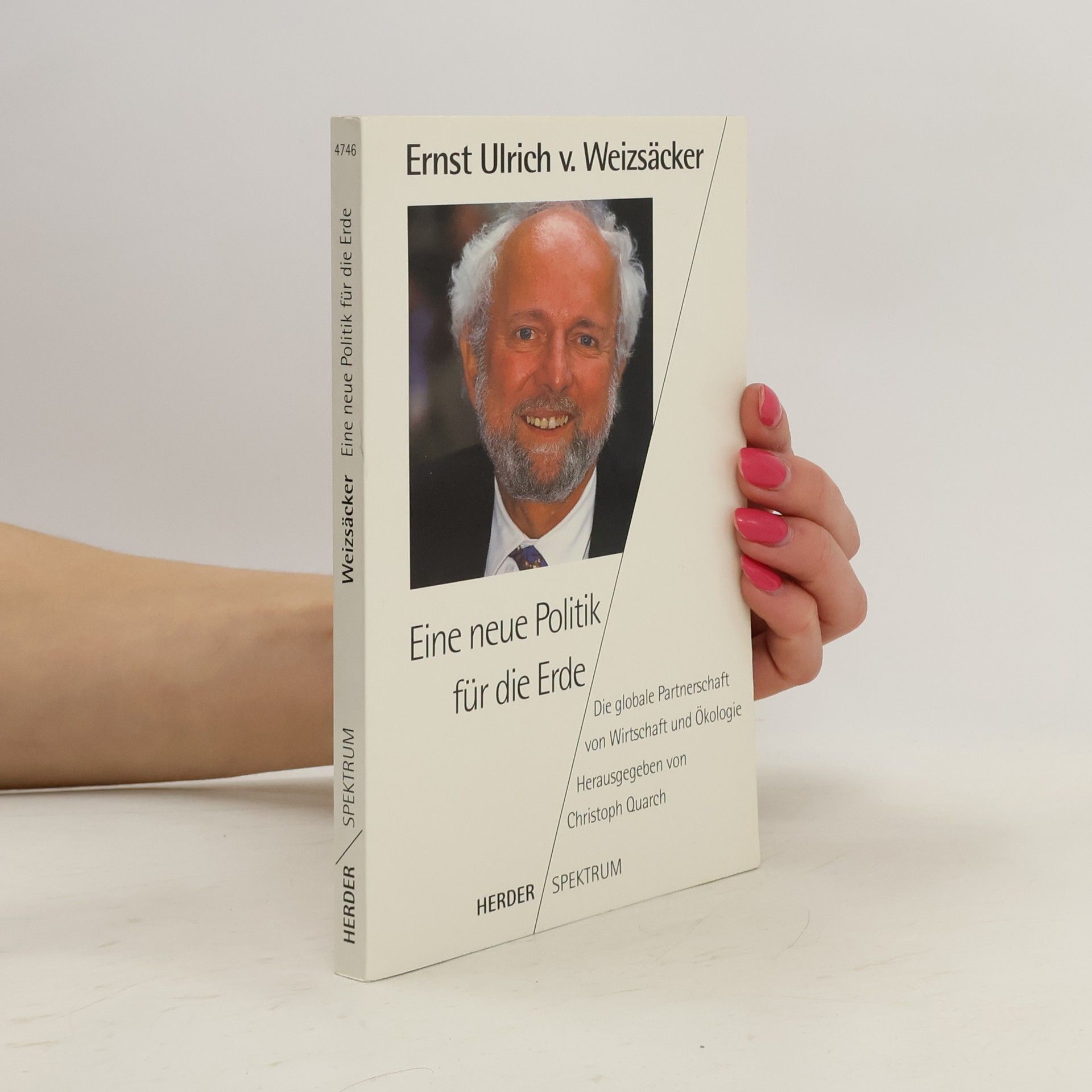Limits to Privatization
How to Avoid Too Much of a Good Thing : a Report to the Club of Rome
- 256 pages
- 9 hours of reading
Limits to Privatization is the first thorough audit of privatizations from around the world. It outlines the historical emergence of globalization and liberalization, and from analyses of over 50 case studies of best- and worst-case experiences of privatization, it provides guidance for policy and action that will restore and maintain the right balance between the powers and responsibilities of the state, the private sector and the increasingly important role of civil society.The result is a book of major importance that challenges one of the orthodoxies of our day and provides a benchmark for future debate.










